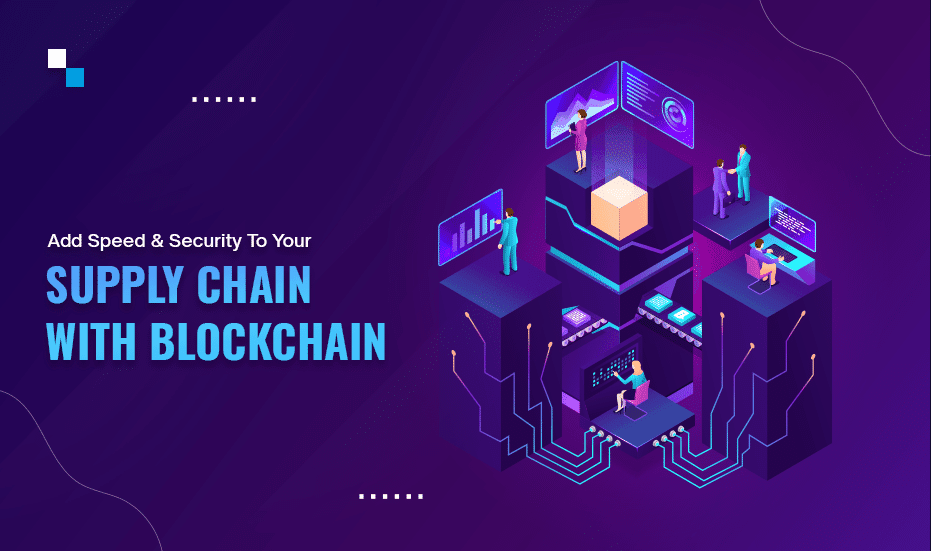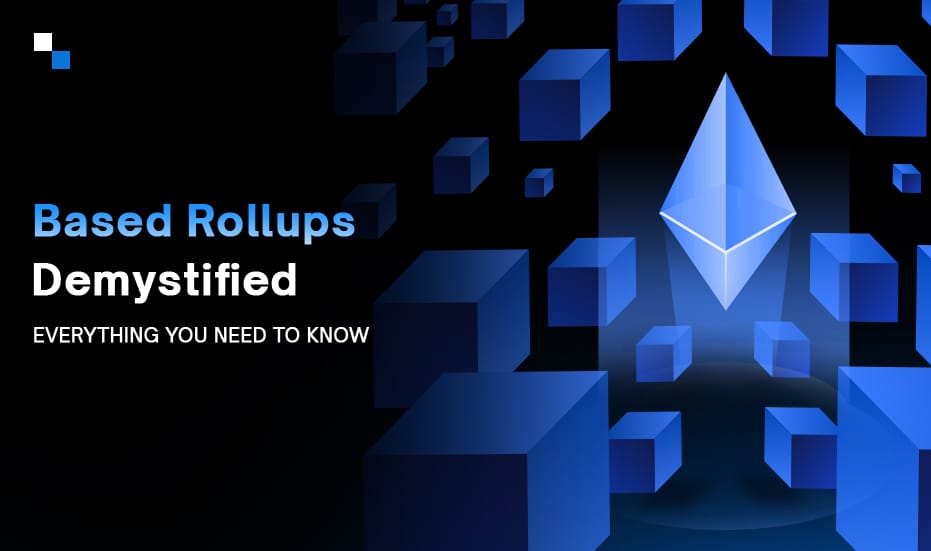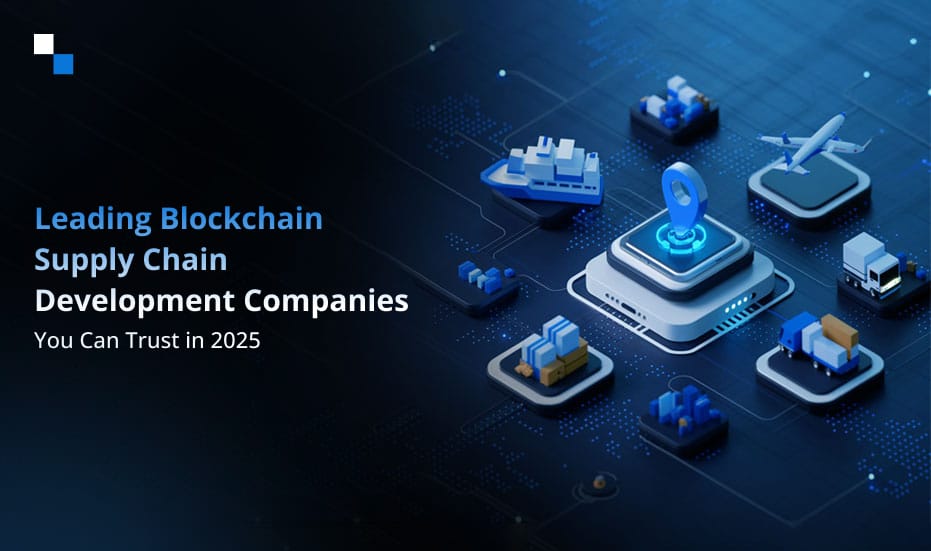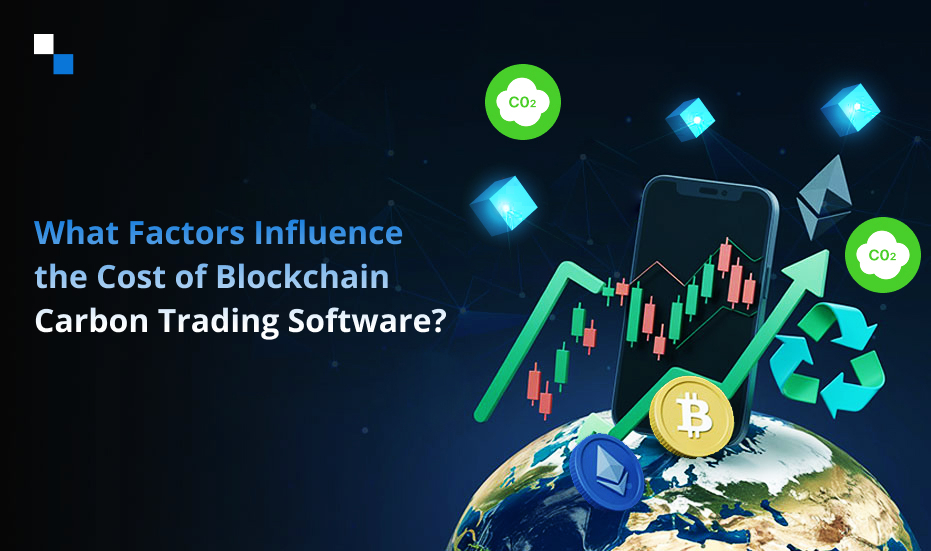When we speak of blockchain, the aspects of tighter security, better traceability & transparency, and speedy & low-cost transactions automatically come to mind. Since these properties are highly advantageous for businesses, including supply chain management, technologists are already providing blockchain solutions to big brands. Today, blockchain technology in supply chain has provided a facelift to the traditional model.
However, the changes will appear in the global corporate culture only if the majority of businesses agree to tie up with the supply chain application development companies. It will help the big and small business houses manage a large amount of data and information in a non-hackable distributed ledger that cannot be altered or manipulated.
Blockchain technology in supply chain management provides valuable security benefits. Generally, if there is a difference between the shipping and billing addresses, there is a probability of some confusion and the product might be delivered to the wrong address and making it uneasy for both, the buyer and the purchaser. Secondly, the refund of payments can also be a complex experience for many buyers. Such issue is solved easily through blockchain-based smart contracts. Crypto experts indulged in supply chain application development will provide power in hands of businesses to verify the payments, and provide better customer services with the help of smart contracts.
According to Zion Market Research study, the market for blockchain technology in supply chain management may grow at the rate of CAGR of approximately 51.3 % (2022-2028). The forecasted revenue generation in 2028 may reach $3153.7 million.
Types of Blockchains That Can Be Implemented In Supply Chain
There are two different ways in which blockchain can be implemented in the supply chain.
- Private Blockchains: It helps businesses to maintain the privacy of records.
- Public Blockchain: It ensures complete transparency & security with no hidden data.
How Blockchain Technology In Supply Chain Is Brining a Change?
The spread of blockchain and cryptocurrencies have certainly brought a big change in the ways of running businesses. Let’s understand!
- In a supply chain powered by blockchain, it is easier to record and track transaction and shipment data.
- It also helps in supply chain mapping and ensuring greater transparency., counterfeit prevention, and fraud protection.
- Each party involved in the supply chain, including the manufacturer, supplier, and retailer, can make informed decisions because of real-time data access, which helps to know whether the products are meeting quality standards at the time of delivery. It will help in reducing the losses and earning the trust of customers.
- Modern technologies like data analytics, artificial intelligence, smart contracts, and digital supply network have helped in better performance of those involved in supply chain application development.
- Automated inventory management & warehouse processes, optimized logistics, and improved delivery times help to improve the sales quotient and provide ensured customer satisfaction.
- AI-powered robots help to automate repetitive manual tasks, such as order acceptance, packaging, delivery of raw materials, processing of manufactured goods, moving them to the secured storage and then forwarding them to the targetted customers. According to Amazon, 40% more inventory is achieved through robots and ensures on-time shipping commitments.
- The immutable nature of blockchain has helped to end the issues with traceability and traceability issues.
- With IoT (Internet of Things) dairy products, ice creams, and medicines can be delivered to the right destination at the right temperature.
- Beacon technology in combination with blockchain technology in supply chain helps businesses to provide better guidance to their subordinates and users regarding their products and earn their trust with ease.
Hire Us for blockchain supply chain App Development
Schedule Free DemoUse Cases of Blockchain-Based Supply Chain Application Development
In most cases, blockchain technology addresses the concerns with traditional supply chains, such as burdensome paperwork, payment complexities, delayed deliveries, risk of manipulation of records, and untraceability. With blockchain, it has become easier to reduce paperwork, make trustless payments, and enable quick delivery of orders with enhanced traceability and transparency.
There are some organizations that have already implemented blockchain technology in the supply chain:
- Walmart has used a blockchain application to ensure complete transparency and traceability to the food supply chain ecosystem. Its special application helps the company to track the pork items arriving from China and distributed across the US. It helps to know whether the pork is infected or unhealthy to eat.
- Maersk and IBM are also focusing on supply chain application development to enable faster and more convenient cross-border transactions and to ensure improved business efficiency.
- Brilliant Earth is a retailer of pure diamonds, and it has been using a blockchain-powered supply chain for ensuring the traceability of diamonds from their space of origin to supply to the customers. Its blockchain application helps to manage the certifications and invoices and complete the supply chain process in a more secure way.
- Provenance adopted blockchain technology for tracing its food supply.
- BHP ran a blockchain application to trace nickel shipments from Tesla’s Gigafactory in Western Australia to Shanghai. It has ended the need for maintaining spreadsheets to keep records of tracing samples for internal and external uses.
- Bumble Bee Seafoods is using blockchain technology in supply chain to trace the supply of Tuna from the ocean to the local retailers. When the seafood is delivered to the customers, they can access the information about the origin of Tuna and the history of its journey to the customer’s plate.
How Does Blockchain add Value to The Supply chain?
In the current pretext, supply chain application development is helping businesses in making improvements in these key areas:
- Speed: It helps to get rid of the slow manual processes by allowing the automation of payment processes.
- Data Handling: It helps to handle complex and large-sized data.
- Traceability: It fulfills the regulatory demand and also helps the customers to get provenance information regarding the products they have ordered and received. It helps businesses to earn trustworthiness from customers.
- Reduces Transaction Cost: Blockchain users are aware of how it helps to reduce transaction costs. The customer doesn’t have to pay any extra amount of service fees or added taxes.
- Ease of Cross-Border Transactions: Blockchain has ended the complexities of making cross-border transactions, and the customer or businesses only have to pay the gas fees, and nothing is to be any third party intermediary.
- Faster Payment Processing: Blockchain-based transactions at done at super-fast speed.
- Real-Time Tracking: The characteristics of decentralization and real-time traceability are the ultimate benefits of using blockchain.
Conclusion
Blockchain technology in the supply chain helps businesses develop better customer relationships by providing transparency, traceability, ease of payments, faster payment processing, better data maintenance, high security, and much more.
Want to get a high ROI? Consult Antier for blockchain-powered supply chain application development. It will prove highly beneficial for your business. Consider seeking the help of Antier today!





